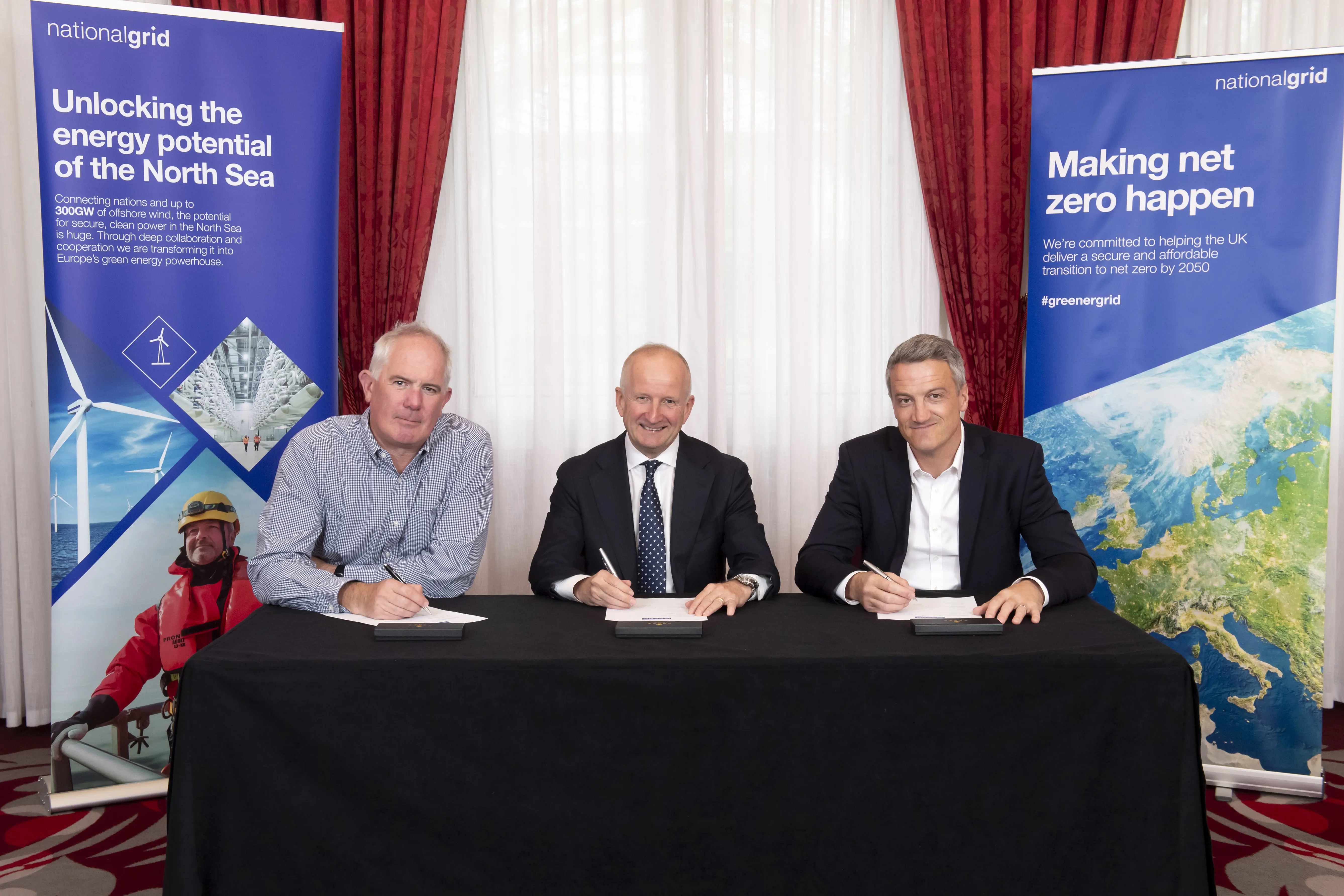Global plastic production is projected to triple by 2060, yet only 9 per cent is currently recycled. It would therefore be something of a leap forward if a global treaty could be penned.
Right now, delegates from 175 countries are meeting in Geneva to do just that, with the second part of the fifth session of the Intergovernmental Negotiating Committee (known as INC-5.2) developing an international legally binding instrument on plastic pollution, including in the marine environment, due to conclude on 14 August 2025.
The process, launched by the United Nations Environment Assembly (UNEA), seeks to craft an international legally binding instrument covering the full life cycle of plastic, from production and design to recycling and disposal. Such a treaty would mark a major turning point, with the potential to reshape how the world creates, uses and manages plastics in the decades to come.
“The plastics treaty has the potential to serve as a transformative framework to achieve sustainable production and consumption patterns and to end plastic pollution. A treaty with effective measures will help drive meaningful action. It would offer businesses greater predictability, trigger investment, and speed up innovation towards a more sustainable future.” commented Felix Wertli, ambassador for the environment and head of the Swiss INC Delegation.
As time runs out for the deal, the negotiations will need to find common ground on financial support, national responsibilities, chemicals of concern, sustainable production and consumption, and realistic timelines.
As usual, there are issues at stake beyond ridding the world of plastic, there are concepts of equality and the more nebulous ideas of ‘equity’. Many differing approaches and beliefs will need to be acknowledged in the final hours of horse trading.
Yet, if a treaty can be signed, it could set the direction and accelerate global change, and the impacts could be felt across all sectors of enterprise and by consumers, not to mention the environment.
© 2019 Perspective Publishing Privacy & Cookies



.JPG)



Recent Stories